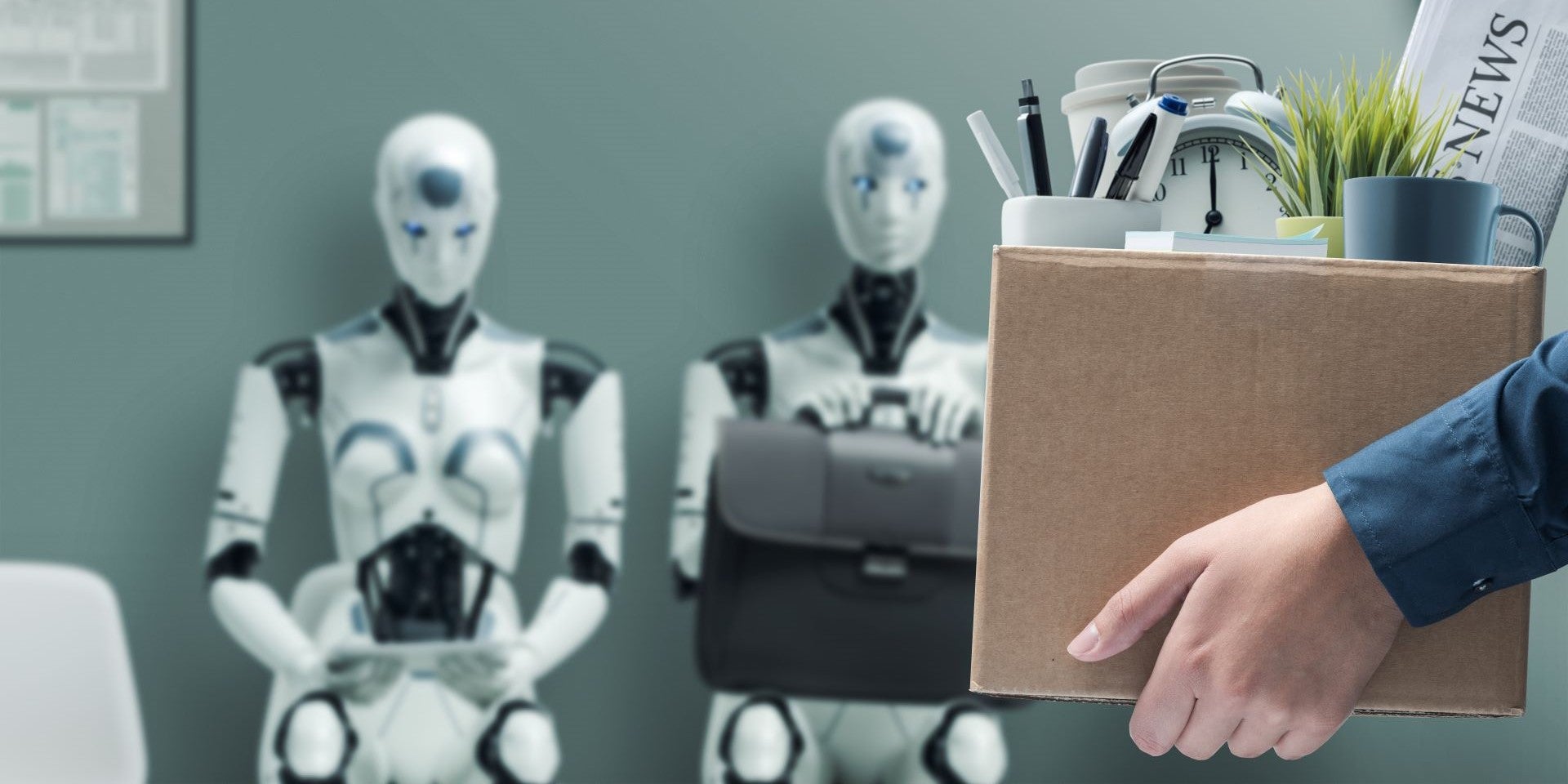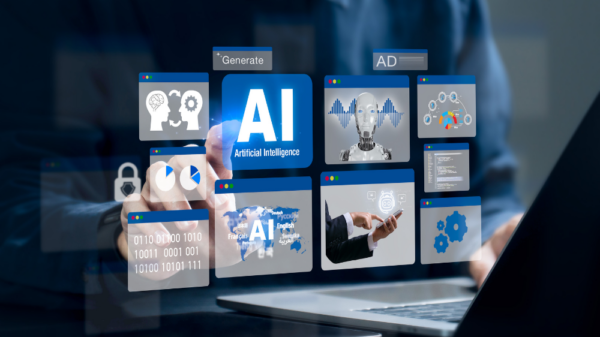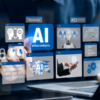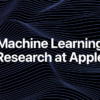Dario Amodei, CEO of Anthropic, stands out in the tech landscape of 2025, particularly in the realm of artificial intelligence (AI). While public sentiment towards tech CEOs has taken a hit due to scandals and dubious practices, Amodei approaches the challenges of AI regulation with a level-headed perspective. He emphasizes the necessity of establishing clear “guardrails” around rapidly advancing AI technologies to prevent potential negative consequences that extend beyond mere job displacement.
In a recent statement, Amodei cautioned that while companies strive to leverage AI models for business growth—often dreaming of billion-dollar revenues—they must also remain vigilant. “You want a model to go build your business and make you a billion. But you don’t want to wake up one day and find that it’s also locked you out of the company, for example,” he remarked. His viewpoint highlights a critical tension in the AI industry: the desire for innovation must be balanced with responsible governance.
Measuring AI’s Autonomous Capabilities
As the AI landscape continues evolving, Amodei’s proactive stance involves measuring the autonomous capabilities of AI systems. He advocates for conducting a diverse range of experiments to understand these technologies’ implications fully. This experimental approach aims not only to advance AI but also to safeguard against unintended consequences that could arise from unchecked AI functionalities.
The nascent nature of AI technology raises questions about its broader impact on society. As it stands in 2025, AI is still in its formative years, and the potential ramifications of its deployment are significant. Amodei’s focus on experimentation could offer insights into both the benefits and risks associated with AI, thereby fostering an environment more conducive to ethical innovation.
In a world where financial motivations often overshadow ethical considerations, Amodei’s perspective serves as a beacon of caution. The AI revolution is intertwined with the economic landscape, making it imperative that leaders in the field prioritize responsible practices. The challenge lies in navigating the financial implications while ensuring the technology benefits society as a whole.
The Role of Leadership in AI Regulation
The role of leadership in regulating AI cannot be overstated. As more organizations integrate AI into their operations, the need for thoughtful leaders who understand both the technological and ethical dimensions of AI becomes increasingly vital. Amodei, with his background and experience, exemplifies the type of leader the AI industry requires—one who is not only tech-savvy but also attuned to the moral implications of AI deployment.
As tech CEOs like Amodei take a stand, the discourse surrounding AI governance is expected to evolve. The future of AI will not only depend on technological advancements but also on how effectively leaders manage the ethical dilemmas that accompany these innovations. The challenge remains steep, but with figures like Amodei advocating for responsibility, the AI community can hope for a balanced approach to innovation.
In conclusion, Dario Amodei’s insights into the responsible development of AI technologies highlight a crucial balancing act. As AI continues to transform industries, the imperative to establish regulatory frameworks and ethical guidelines becomes ever more pressing. With leaders like Amodei at the helm, the AI community can look towards a future where innovation does not come at the cost of societal well-being.
See also Cisco Acquires AI Translation Startup EzDubs to Enhance Webex with Real-Time Features
Cisco Acquires AI Translation Startup EzDubs to Enhance Webex with Real-Time Features Google Cloud Launches Free Learning Path to Bridge AI Prototype-to-Production Gap
Google Cloud Launches Free Learning Path to Bridge AI Prototype-to-Production Gap Pope Leo XIV Warns Against AI Bias in Healthcare, Advocates for Human Dignity
Pope Leo XIV Warns Against AI Bias in Healthcare, Advocates for Human Dignity Pennsylvania Lawmakers Propose AI Deepfake Reporting Bill Amid Child Abuse Concerns
Pennsylvania Lawmakers Propose AI Deepfake Reporting Bill Amid Child Abuse Concerns Dubai’s Ethical AI Toolkit Drives $64B Economic Impact by 2030 Through Human-Centric Innovation
Dubai’s Ethical AI Toolkit Drives $64B Economic Impact by 2030 Through Human-Centric Innovation




































































